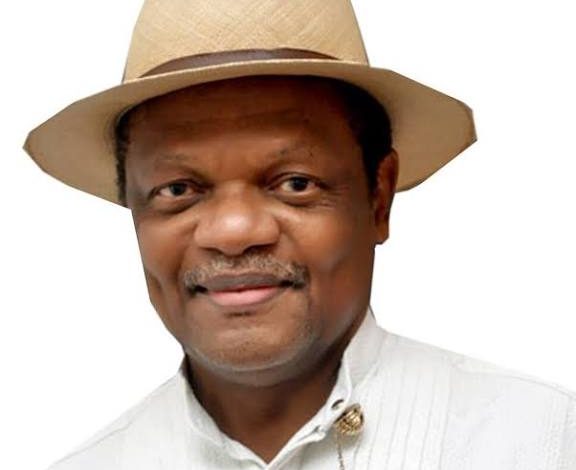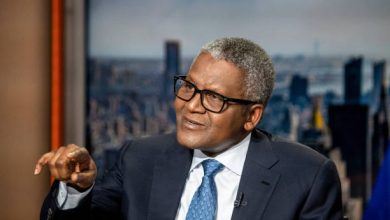Atedo Peterside flags rising inequality amid Nigeria’s economic growth

Nigerian investment banker and entrepreneur Atedo Peterside has raised concerns over the disconnect between the federal government’s rising revenues and the living standards of ordinary citizens.
Speaking on Monday Channels Television’s Politics Today, Peterside warned that the country’s economic gains are increasingly concentrated among a small elite.
“The government should be implementing policies that attract investment and build public confidence in the economy.
“What I see increasingly is that this economy only works for a few people. GDP may rise, but income distribution worsens, with the rich getting richer and the poor poorer, ” he said.
The ANAP Foundation founder highlighted that many Nigerians were being pushed further into poverty due to declining purchasing power and weak disposable income.
He emphasised that GDP growth is meaningless if it does not translate into improved livelihoods for the nation’s 220 million citizens.
Bread, a basic household staple, has become significantly more expensive this year, reflecting the broader cost-of-living pressures Peterside says the government has failed to address.
Peterside dismissed claims linking government spending to inflation, arguing that both state and local governments were receiving larger allocations but were mismanaging funds.
“Inflation comes when money is printed without resources
“State governments have more money. Local governments have more money. Yet, instead of improving lives, these funds are captured by the elites, ” he said.
He also criticised lavish government expenditure, noting that presidential trips involve hundreds of staff consuming resources without directly benefiting citizens.
Peterside called for adherence to the 2012 Oronsaye Report, which recommended streamlining government agencies and cutting waste.
“The gains from economic growth will only materialise if waste is eliminated, money is used judiciously, and infrastructure, both physical and social is improved,” he said.
Nigeria’s National Bureau of Statistics (NBS) reported GDP growth of 4.23 per cent year-on-year in the second quarter of 2025, up from 3.48 per cent in the same period in 2024, driven by gains in industry and oil production.
The oil sector grew by 20.46 per cent, while agriculture expanded by 2.82.per cent and services by 3.94 per cent.
Despite these improvements, Peterside argued that citizens were yet to feel tangible benefits.
On inflation, the NBS recorded a headline rate of 18.02 per cent in September 2025, down from 20.12 per cent in August, marking a sixth consecutive month of decline.
Food inflation also eased to 16.87 per cent, reflecting better harvests and supply.
Peterside urged policymakers to ensure that economic progress reached the broader population rather than remaining concentrated among a privileged few.



